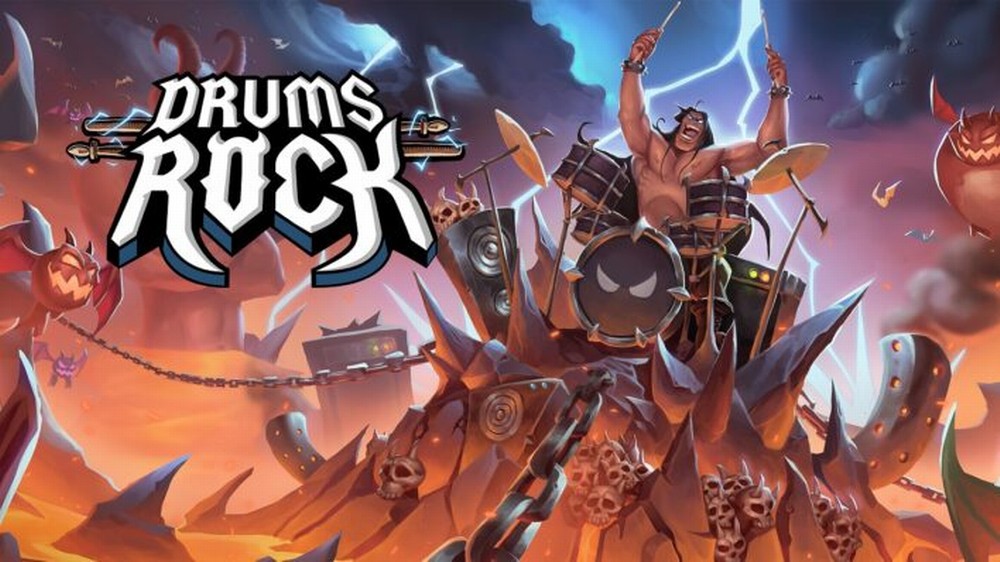SEGA Dreamcast – “1999-2001”
“We don’t need no stinkin’ hardware.”
Originally Published on April 11, 2001
In last month’s X-box article I casually mentioned that SEGA had dropped out of the hardware business. To most of you that keep current with console news this was probably no surprise. SEGA didn’t try to slip out the backdoor after all, but rather announced their departure and countered with the news that they would be concentrating all their efforts on software.
Despite SEGA’s attempt to soothe the angry mobs, there were a lot of upset people who felt they had gotten burned after investing in SEGA’s second attempt in the home console market. Some Dreamcast owners had previously been scarred by SEGA’s rather abrupt abandonment of the SATURN and SEGA-CD several years back and already have severe “trust issues” with the company. When SEGA similarly dropped the Dreamcast after a less than two-year run and with virtually no warning, this harbored resentment grew and sparked floods of angry posts and petitions all over the Internet. It got even worse when third-party developers started to cancel long-awaited games moving them to other existing and upcoming platforms such as the X-box.
So SEGA has once again managed to “piss off” thousands of gamers who were just starting to trust the company again. How can they ever hope to stay in business or sell another game? The simple answer is “quality games” for all three of the next-gen consoles.
SEGA has always excelled in making some of the best games; both in the arcade and software for their own home consoles. If you look through your Dreamcast library you are sure to find at least some of your favorite titles are from SEGA. And in the highly competitive and changing hardware market it has become increasingly difficult, if not impossible, to remain competitive against corporate giants like Sony and Microsoft. But when you have a talented crew of game designers the possibilities become limitless when you shift your focus from hardware and software to just software as a third-party developer.
This is nothing new. As most hardware manufacturers will tell you, consoles like the Dreamcast and PlayStation2 are often sold at break-even prices or even at a loss just to get them into your home. The real money is made through the games and licensing. While the Dreamcast is still one of the finest consoles you can buy, if SEGA was only breaking even when it was being sold for $299, imagine the loss when they dropped the price to $149 and eventually to the $99 price you can find it for now.
The Dreamcast is still an important system in the evolution of consoles. It offered us many significant improvements over the aging PlayStation such as, 4-player support without additional hardware, high-res graphics, mouse and keyboard support, and the first home console to ever connect to the Internet using a built-in 56k modem. Earlier this year SEGA broke even more barriers with the release of their broadband adapter allowing gamers to connect with their cable modems for the ultimate online gaming experience. With over 4.5 million Dreamcasts sold, they must have done something right.
But the true testament to the Dreamcast was the amazing library of quality titles available for the system. Sure, the Dreamcast had more than its fair share of lemons, but there were some truly amazing games including some of the best sports titles ever seen on a console. While many of these titles came from third-party developers many of the biggest hits came directly from SEGA. So when the upcoming X-Box and GameCube threatened to make SEGA’s little white box (black if you got the sports pack) obsolete they made the only sensible decision – “cut your losses and get out!”
So how do you start making games for your “enemies”? After all, it was only a few months ago that Sony and Nintendo were competitors. Microsoft could be considered “neutral” since they really weren’t competing at the time. SEGA is in a very lucrative position right now. What used to be SEGA-exclusive titles are now some of the most sought-after game franchises on the market. Microsoft has already snatched up the rights for the NBA, NFL, and NHL 2K2 games and more exclusive titles are on the auction block.
SEGA’s bold move into exclusive software development also creates some additional competition with other developers. In the past, EA Sports refused to develop their sports titles for the Dreamcast, but now that Sony and Microsoft are able to offer games from both developers we are sure to see some fierce competition between EA and Visual Concepts in 2002.
SEGA’s plans on doing some internal reorganization to specifically match the talents of their programmers with their preferred formats. With over 1000 talented game designers in nine studios we are sure to see plenty of quality software coming from SEGA in the very near future. SEGA is sure to target their franchises to the best platforms, such as matching Sonic to the kid-friendly GameCube or the more adult Shenmue to the PS2 or X-Box.
But don’t look for mind-blowing titles on new consoles anytime soon. After all, everyone else has had over a year to get comfortable developing for the next-gen console. SEGA definitely has some catch-up to do, but in the meantime we can still expect a few titles to trickle in for the Dreamcast. In fact, that will probably be SEGA’s only source of income until they get up to speed creating games for the other platforms in 2002.
Ultimately, SEGA has made the wisest decision they could in the current market. Why flounder with an aging system when you can devote 100% of your resources into making profitable software for the “big three” and triple your potential audience. SEGA is on the move, and by this time next year they may very well be the number one third-party developer for one or more of the big three systems and prove that it doesn’t take a piece of hardware to be successfully in the console market.
Mark Smith











